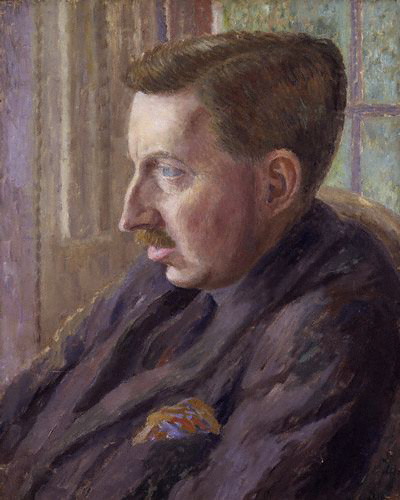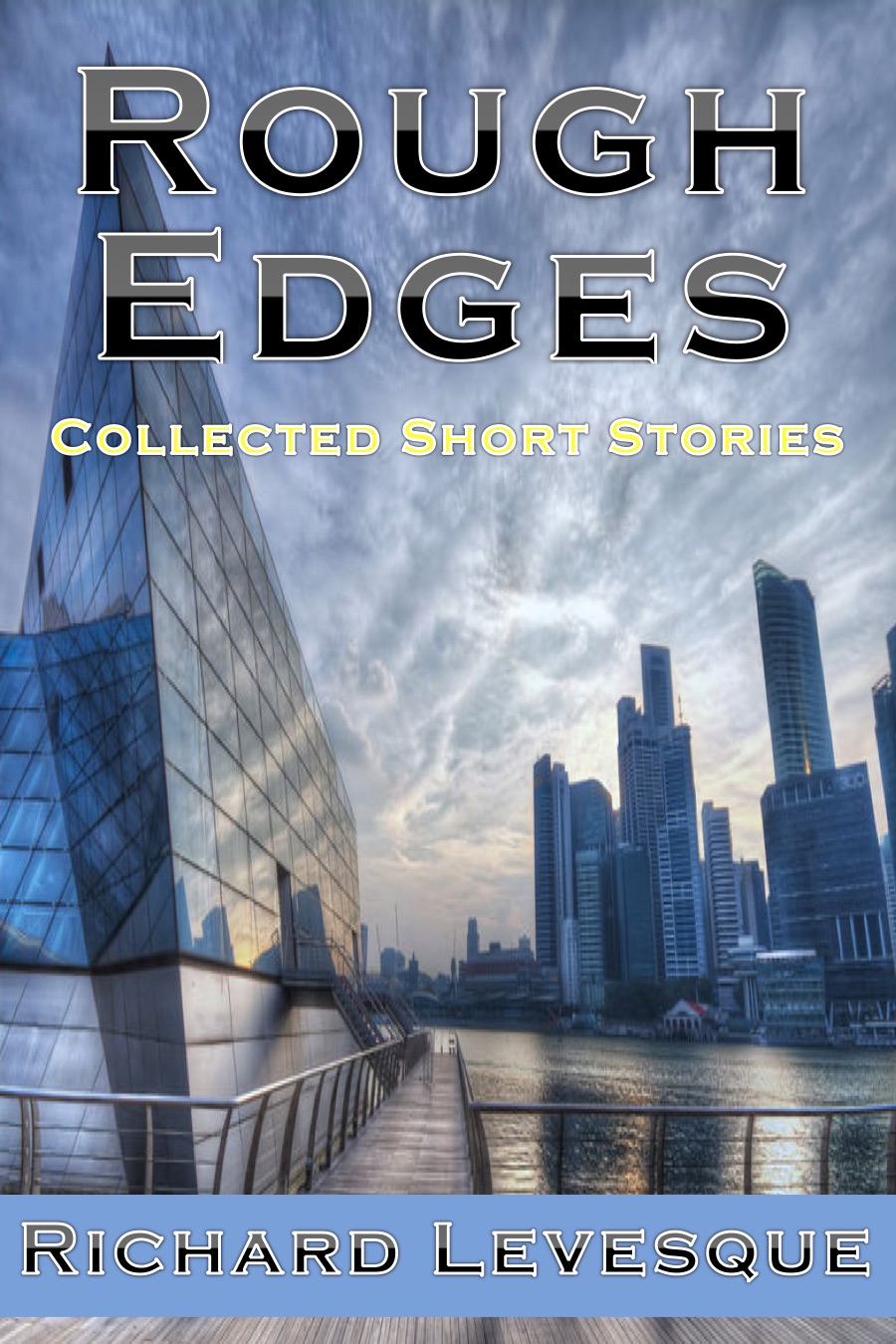Prophetic Science Fiction from an Unlikely Source
When you think of E.M. Forster (if you think of him at all), you probably think about British novels that have inspired Oscar buzz-worthy films like Howard’s End, A Room with a View, and A Passage to India. All good, but the kind of thing most science fiction fans don’t jump to as their next source of entertainment or inspiration.
most science fiction fans don’t jump to as their next source of entertainment or inspiration.
But wait! Just when you’re ready to write off ol’ E.M., you run across a story called “The Machine Stops,” and you have to do some re-evaluation. This science fiction story, first published in 1909, has only gotten better with age, and anyone who’s struggling to find ways to keep their Facebook status from overtaking real life should take the time to read it.
Forster’s dystopian future finds human beings living in an underground city where everything is controlled by the Machine. People live in hive-like cells and have access to others through video terminals. Through the Machine, people communicate, spread ideas, comment on each other’s ideas, attend lectures, find mates, and (occassionally) keep in touch with their children–all from the comfort of their hive cells. As the story opens, the main character hasn’t needed to leave her cell for years, which is just how she likes it. The machine provides everything: light, food, music, ideas, social interaction. It seems perfect.
Until, of course, the main character gets an urgent message from her son half a world away. He’s gotten himself into some trouble, first by thinking unproductive thoughts, and then by following them with actions. This is a world where actions are frowned upon.
The characters learn some tough lessons about their place in the world and the Machine. If you want to read more, you can find the story here. There was also a video produced in the 1960s that you can find on YouTube and elsewhere.
The story is compelling and powerful and disturbing, especially when we think of just how much we have come to allow our internet connection to stand in for our connection to the outside world. Anyone who’s getting ideas more from the internet than face to face conversation, anyone who’s more comfortable with texting and IM-ing and emailing rather than phoning or meeting to talk, anyone who’s relying on online grocery stores or doing Christmas shopping entirely through Amazon rather than at the mall–all of these and more will likely see themselves to an uncomfortable degree in the world Forster created.
Not to say that our internet use is a terrible thing or that we’re headed toward life in the cells found in the story. But, still, there’s a warning here, maybe about too much of a good thing. How do we know when we’ve reached a point where we need to be worried? Is it when we see our UPS driver more than our family?
A Passage to India A Room with a View dystopia dystopian science fiction E.M. Forster Facebook Howard's End literature Reading Science Fiction The Machine Stops UPS






